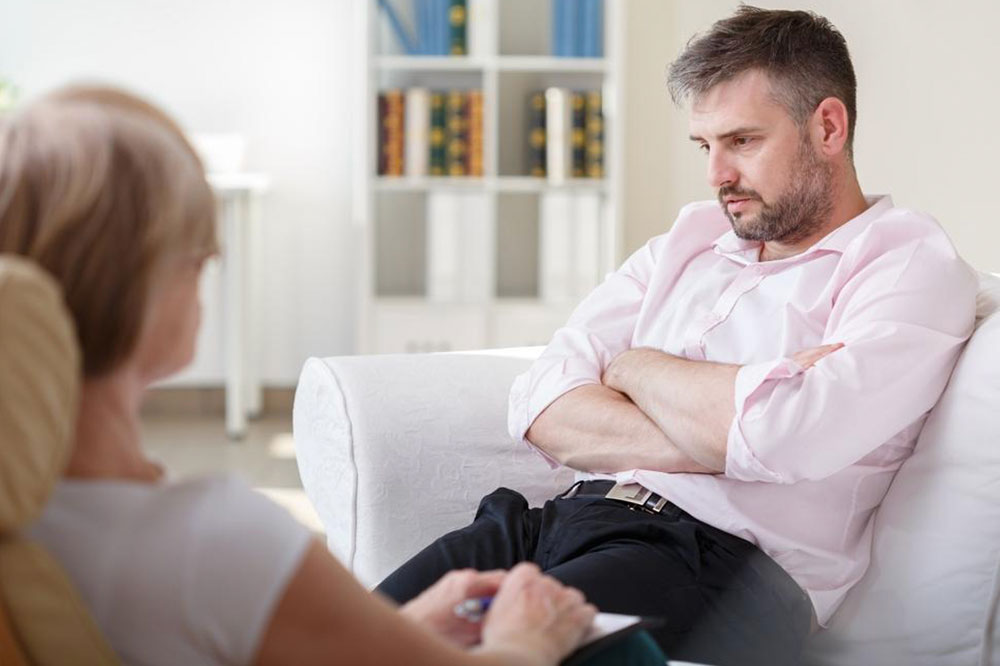7 ways to treat addictions

Addictions to harmful substances can cause mental as well as physical damage. Therefore, taking treatment is essential. If the habit has become chronic, it might not respond to treatment, and the patient might be required to be on regular care.
The treatment for addictions is a step-by-step process and can take a while to show results.
Initial steps
The very first step towards getting treatment is acceptance. To get treated for addictions, a person must accept that they have become dependent on the substance, and it is interfering with their everyday life. This can include disruption in their work life, school, and social life.
When the individual accepts that substance is hurting their life, they start with the course of treatment.
The treatment options can depend on a lot of factors, and these include:
- Which addictive disorder is the person suffering?
- For how long have they been using it?
- What is the severity of substance use?
- How has it affected the person?
There will be a combination of several treatments used on a person. These can include psychological counseling, various programs, medication, and joining some groups.
Detox
Once the treatment starts, detoxification is always the first step. Here, the focus is to flush out the substance from the body and to put a limit on withdrawal symptoms. As many as 80 percent of all addiction cases have prescribed medications to limit the withdrawal symptoms to a minimum. In cases where an individual is addicted to several substances, medications are given to counter withdrawal symptoms associated with each addiction.
Counseling
After detoxification, getting behavioral therapies and counseling is one of the standard treatment options. Based on the needs of an individual, therapy can be provided in one-on-one sessions, family, or even in groups. There are various types of therapies offered. These include:
- Cognitive-behavioral therapy
- A multi-dimensional therapy which takes place with family members
- Some motivational interviewing sessions
Programs for rehabilitation
Programs which remain on-going can work effectively in keeping an individual off prescriptions and let them get back to their routine social and work life. There are several residential facilities offered to treat addictions. These facilities provide residential options in a peaceful environment and provide all kinds of crucial medical assistance.
Home remedies and natural ways to fight addictions
When addictions become chronic, an on-going management mechanism becomes essential. Thankfully, many home strategies can help you fight addictions at home, in the most natural way. These include the following:
Keep positive support around you
This might look very basic, but it is one of the most important ways to cope with addictions. While you are fighting with your addictions, having those people around you who stand by you no matter what is extremely important. When a person is battling addiction, he needs to be surrounded by people who do not judge him and instead show their complete support to help him fight the problems.
Exercise
Some of the common withdrawal symptoms include fatigue and sleep disorders. Although it might look contrary to popular belief, exercising regularly can help you fight these symptoms. A study has shown that exercise can not only help with fighting withdrawal symptoms, but it can also reduce cravings.